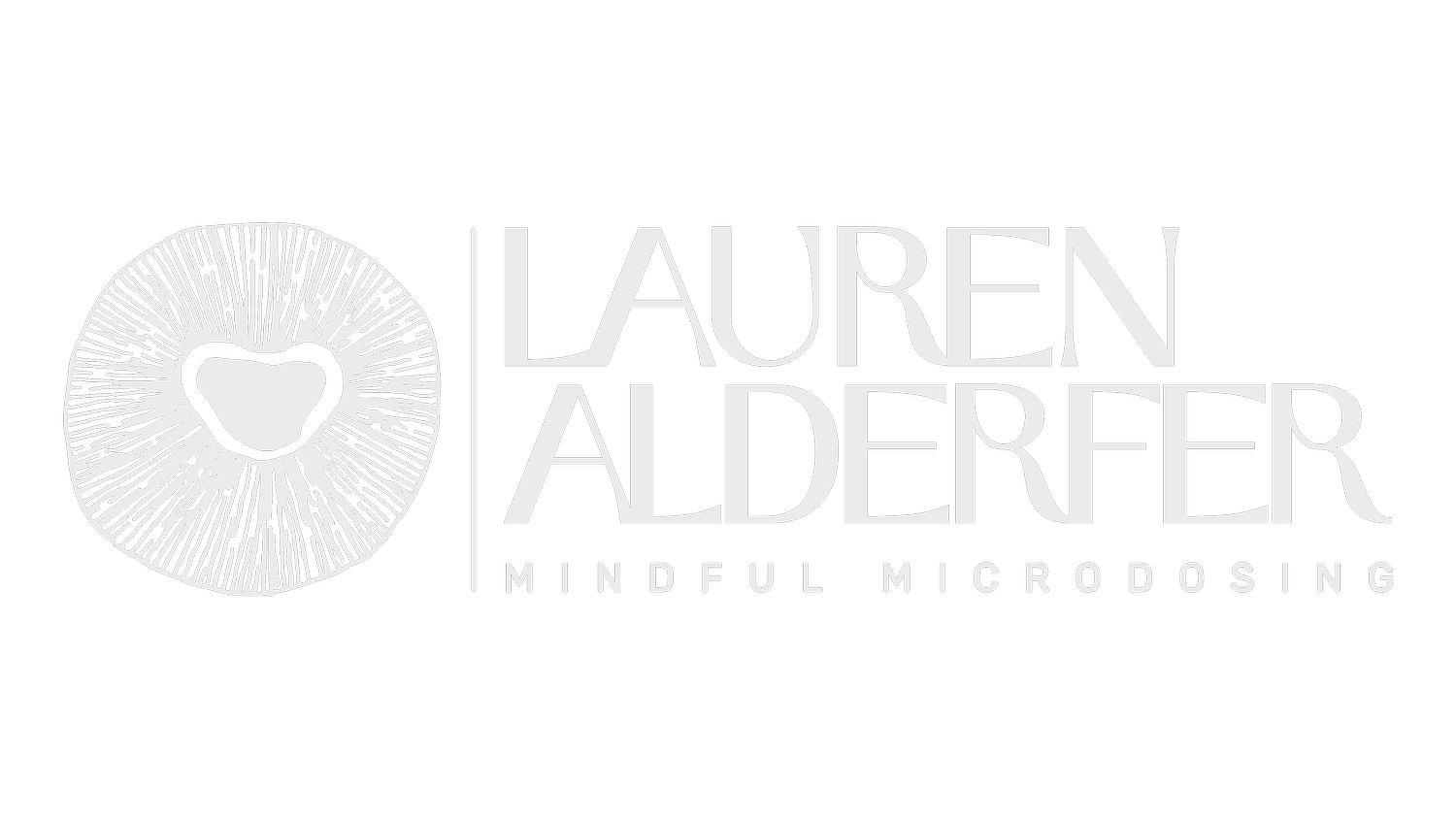A Mindful Approach to Dementia & Psychedelics: Our Shared Journey Series - How to Talk (or Not Talk) to Your Primary Care Physician About Microdosing
Henry is very much against being open to medical advice or allopathic medicine. This attitude runs deep in his family. Just the idea that something is natural appeals more to his sensibility… or perhaps one could ask if it is a certain inflexibility. Whatever it is, he is lucky to have a primary care physician that he loves.
Dr. P was recommended to us by our neighbor, who lives in a farmhouse just down the road. I say neighbor because we do have a home that is ours and would spend several months there at a time over the years. However, in our 40+ years of marriage, we have lived abroad (until 2022). During the pandemic, we continued to live outside the U.S. Upon our return at the end of the COVID pandemic, we learned that our farmhouse neighbor had lost his wife to lung cancer. She was in her early 60s. She and I were friends and the same age, so her death really shook me.
My neighbor, now a widower, is still my farmhouse neighbor. He said Dr. P was absolutely amazing—so amazing that this kind of compassionate care is unheard of in the United States. He felt that his wife and family were so well cared for. This compassionate understanding even included Dr. P’s support of his wife’s choice for MAID—medical aid in dying.
Though MAID is legal in the state of Vermont, there can be a delay in the crucial hours before the arrival of the medication into the hands of the dying person, who must self-administer it. This is not due to any fault of the doctor, but rather delays at the one and only pharmacy in Vermont that carries the required medications, which is over 90 minutes away from our town.
My neighbor’s wife wished to die at home. However, while waiting for the medication to arrive, the decision was made that she needed a higher level of care. She was taken to a local medical facility. Thankfully, her pain was managed, and her loved ones were able to gather by her side as she passed in the early hours of the morning.
This is how we came to meet Dr. P, who had started her medical practice just a couple of years earlier. Honestly, when I first saw her in jeans and street clothes as she introduced herself, I thought she could be mistaken for a high school student playing doctor. Her friendly, personable manner felt more like a conversation over a meal than a doctor’s visit. Yet, her depth of knowledge was impressive.
We were thrilled to discover her specialty was Alzheimer’s. About 30% of Vermont’s citizens are seniors, so she was in the right place! Plus, I already had suspicions that Henry had some form of dementia—just not sure which one or how many.
Dr. P is a listener. She took an hour, maybe even more, to learn about Henry’s concerns and establish a trusting bond with him. I sat and took notes (which I no longer do, since Dr. P takes meticulous notes that I can access on the portal). One miracle was that after a decade of resisting blood pressure medication for hypertension, Henry walked out of that first visit willing to try the one she recommended.
I share this to illustrate the importance of a trusted primary care physician. This trust only grew when Henry told her in a future visit that he had been microdosing and found it very beneficial. Dr. P added support by stating that several of her patients microdose and also find it beneficial. Though she was careful with her language for obvious legal and medical reasons, knowing that one can share the fuller picture of one’s health and lifestyle choices transforms the medical experience into one of collaboration and partnership.
This is in stark contrast to my experience with my primary care physician, a doctor of natural medicine. When I mentioned I was microdosing, he had no idea what I was talking about. He looked at me, perplexed. After I gave a brief explanation, he immediately started asking if I was depressed or anxious.
I have neither. However, his persistence felt like he was caging me in. I finally caved and said something to the effect of being overwhelmed by what I see happening to my husband.
“So it’s anxiety?” he asked.
“I guess so,” I answered meekly.
He immediately noted something in my record. I was dumbstruck.
I left that “wellness” visit shaken.
I have heard it said that you can preface things to a doctor by saying, “This is off the record.” I am not sure what really happens with that information. All I can say is that my experience left me feeling misunderstood, judged, pigeonholed, and downright angry. Otherwise, I like the care and osteopath treatments my ND provides, so I continue with him out of convenience.
Dr. P believes psilocybin will eventually be legalized and used for medical benefit. Interestingly, dementia is one of the more promising areas for psilocybin research. Preeminent institutions such as Johns Hopkins, Harvard, and the NIH are exploring this topic.
In the meantime, I will keep advocating for its safe and beneficial use. I can do so in a public forum, but not in the privacy and confidentiality of my primary care physician’s office in a way that is of benefit to me.
- Lauren Alderfer, PhD.

